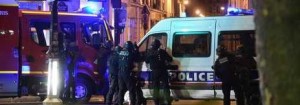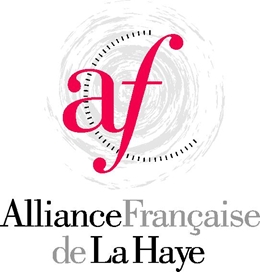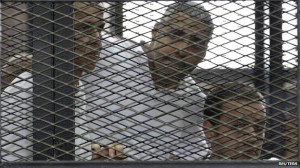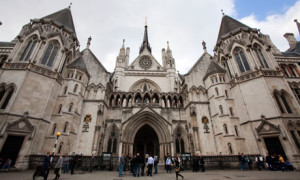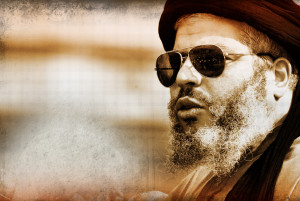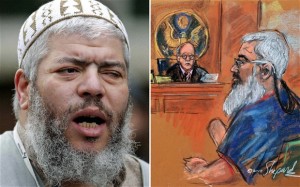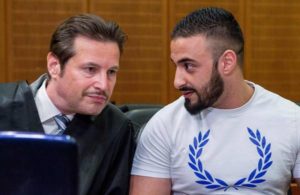
© Torsten Silz/AFP
The Oberlandesgericht Frankfurt am Main, a Frankfurt Regional Court, has convicted Aria Ladjedvardi, a 21-year-old German Jihadist with Iranian roots, of two years in prison for committing a war crime for appearing in a set of photos with severed heads of Syrian army servicemen in Syria.
Indeed, between March 8 and April 16, 2014, a group of fighters attacked a checkpoint in the Idlib Province. According to the statement read by the court this Tuesday, they captured, beheaded and impaled the heads of two soldiers on spikes before putting them on public display.
The defendant posed with the heads of those soldiers in three photos found in his mother’s mobile phone, one of which was shared on the social network Facebook.
The Regional Court emphasized Mr Ladjevardi’s inacceptable behavior and held a violation of international humanitarian law for treating the two Syrian army soldiers “in a degrading and humiliating manner”.

